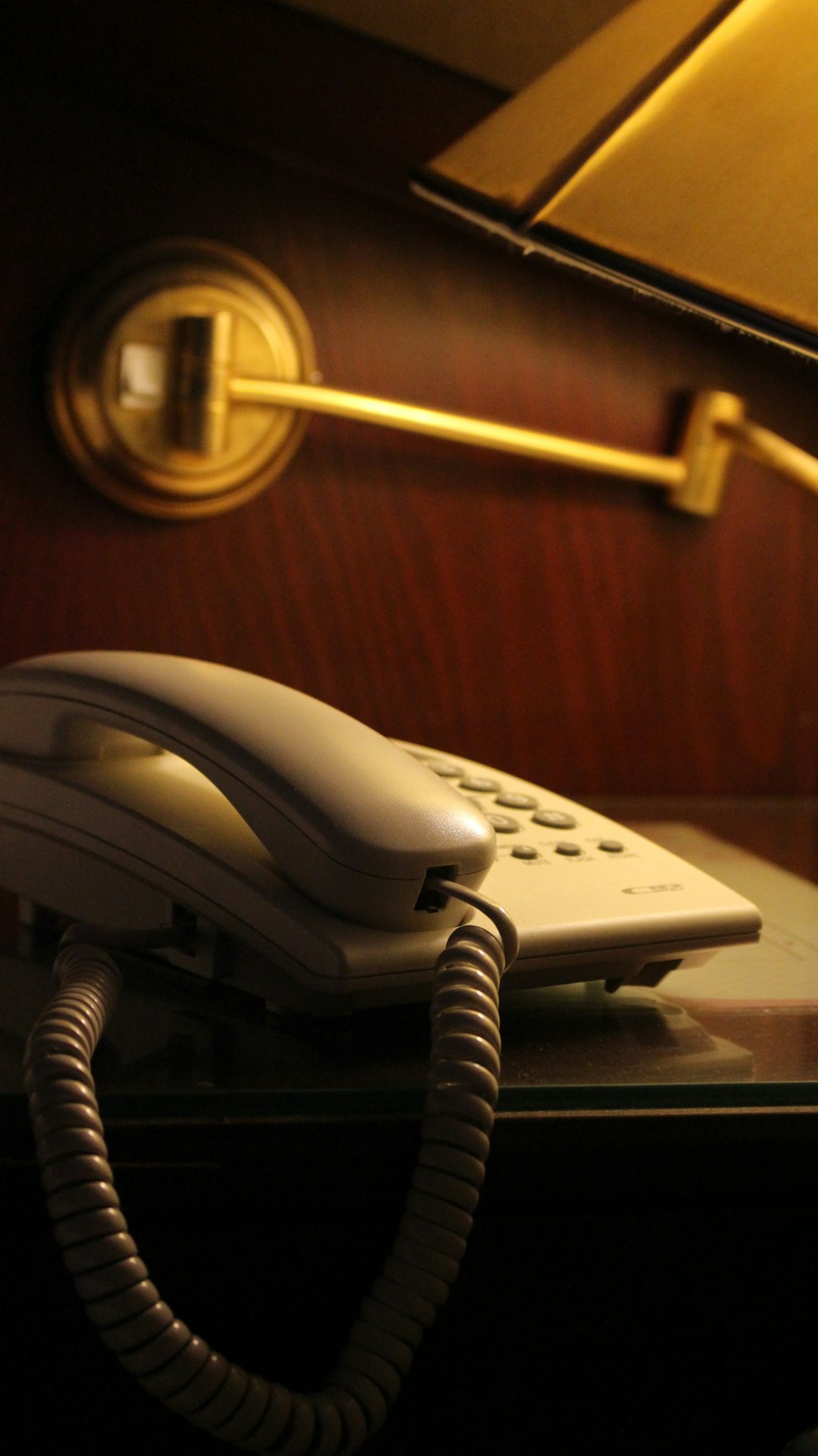Spam text Ohio has become a growing issue for Dayton residents, disrupting daily life and posing security risks. Documenting spam messages, including sender details and content, is crucial evidence under federal laws like TCPA to combat spammers and protect against identity theft. Residents should save, forward, and log interactions with spam texts, preserving evidence for legal action or complaints to telecom authorities. Proactive documentation and reporting are essential steps to reduce the impact of spam texts in Ohio.
Dayton residents often encounter unwanted spam texts, but did you know these messages can be more than an annoyance? They may indicate potential legal violations. Understanding the impact of spam texts and documenting them is crucial for Dayton residents considering legal action in Ohio. This guide explains how to identify and collect evidence of spam messages, outlining the steps needed to take on spammers effectively. By armed with knowledge, Dayton residents can protect themselves and hold offenders accountable.
Understanding Spam Texts and Their Impact on Dayton Residents

In the digital age, Spam Texts have become a pervasive issue for Dayton residents, much like Spam Text Ohio. These unsolicited text messages, often carrying promotional content or even malicious links, can disrupt daily life and pose potential risks to personal information. From advertising products and services to phishing attempts, spam texts have evolved from annoying interruptions to significant sources of concern.
The impact of these spam texts extends beyond mere irritation. They can lead to financial losses, identity theft, and privacy invasions. Dayton residents may find themselves targeted by unscrupulous actors seeking to exploit personal data or even engage in fraudulent activities. Documenting these spam texts is a crucial step for residents to protect themselves and their communities. By logging the content, sender details, and timestamps, individuals can gather essential evidence for legal action against spammers, holding them accountable for these intrusive practices.
The Legal Aspects of Documenting Spam Messages in Ohio

In Ohio, documenting and addressing spam texts is a legal matter that falls under the jurisdiction of state and federal laws. The Telephone Consumer Protection Act (TCPA) is a key piece of legislation designed to curb unwanted telemarketing and text messages, providing a framework for consumers to take action against spammers. By documenting spam texts, Dayton residents can gather crucial evidence to support potential legal cases against companies or individuals engaging in deceptive or harassing practices. This includes noting the date and time of receipt, the content of the message, and any personal information shared.
Ohio law also emphasizes the right of consumers to seek damages for violations of the TCPA. Documenting spam texts can help residents demonstrate patterns of unwanted messaging, potentially leading to collective action against persistent spammers. It is essential that any documentation be thorough and accurate, preserving evidence that can stand up in court. This process empowers Dayton residents to take a proactive stance against spam text messages and hold accountable those who invade their personal space through such means.
How to Collect and Preserve Evidence for Legal Action

To collect and preserve evidence for legal action against spam texts in Ohio, residents should take immediate steps to document and record any suspicious messages they receive. Start by saving all text messages related to the spam incident(s) directly from your device. Most smartphones allow you to forward or export these messages, ensuring a digital record. Additionally, take screenshots of any pop-up windows, notifications, or promotional content within the texts. These visual aids can serve as powerful pieces of evidence in legal proceedings against spamming entities.
Next, document any attempts to reply or interact with the spammer, including blocked numbers and any recorded conversations. Keep a log of dates, times, and the nature of each interaction. Additionally, check your call history for any calls related to the spam texts. This information can help establish a pattern of harassment or deception. Preserving this evidence is crucial; store all records in a secure location, either digitally or physically, ensuring they remain unaltered and accessible for legal review when needed.
Taking Action: Steps Dayton Residents Can Take After Documenting Spam Texts

After documenting spam texts, Dayton residents can take several steps to escalate the issue and protect themselves legally. Firstly, compile a list of all the spam messages received, noting dates, times, and specific content. This documentation is crucial for any potential legal action or complaints to telecommunications authorities.
Next, contact your local law enforcement agency to report the spam texts. In Ohio, there are laws in place to combat unsolicited text messages, providing avenues for residents to take action. Additionally, inform your mobile service provider about the issue; they may be able to offer assistance or block future spam messages.






